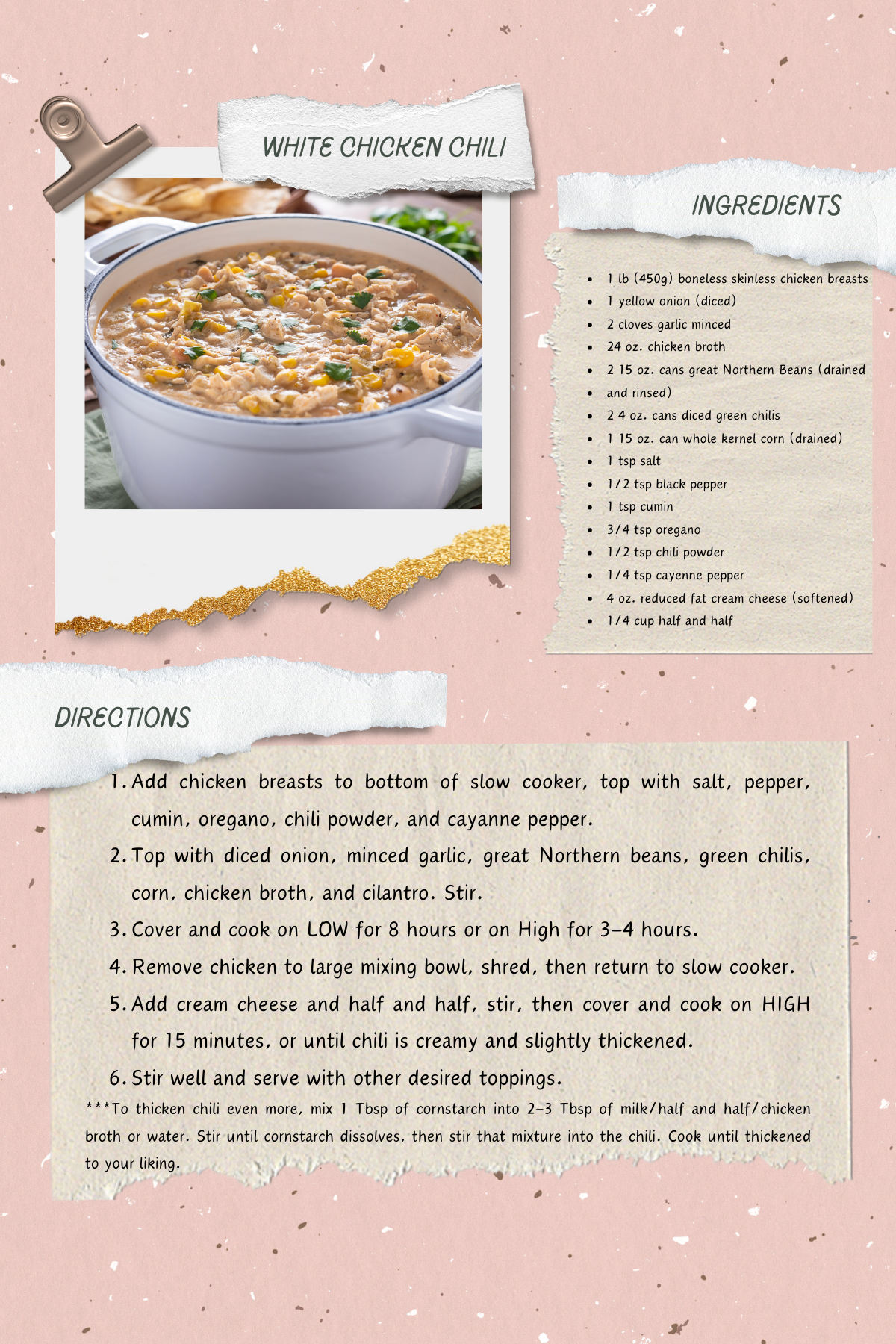Habits: The Good News and the Not-So-Great News
/We all have numerous healthy daily habits which (hopefully) include things like showering, brushing teeth, eating meals at regular times, and washing our hands after using the bathroom. People can also develop unproductive habits such as biting their nails, twirling their hair around a particular finger, or saying “um” many times throughout a sentence. Habits are actions that are automatically triggered by a cue in our lives. If you automatically brush your teeth in the morning, it’s because it’s part of a “morning ritual” that we learned as young children. Bedtime is another “cue” that reminds us it’s time to brush our teeth. We don’t have to put a lot of thought into engaging in our habitual, routine behaviors. We have done them for so long they are “just part of what we do.” One piece of good news about habits is that once we have established them, we don’t have to “work” at them.
The “how” of creating a habit is simple: pick a desired behavior and do the behavior in the same context until it becomes part of your automatic routine. Again, we learned to wash our hands after using the bathroom as children and so now it is a habit. Some people call a friend, a partner, or a parent every day on their way to or from work. The cue, or reminder to make the call is the commute. It takes some time of being mindful, or consciously putting effort into the creation of a habit, but once it becomes “automatically paired” with a time of day or certain activity, you don’t think about doing it any more. Then it’s a habit.
The development of new habits, although simple in theory, can be quite difficult in reality. Let’s say I want to develop the habit of standing up for at least a minute for at least twelve hours of the day. (You do know that “sitting is the new smoking"). Getting up every hour and walking around for a minute or two would certainly not come to my mind if I didn’t incorporate some sort of assistance to remind me to do so. Fortunately, I have a smart watch that will beep at me every hour and remind me that it is “time to stand!” Then it tells me I did a “good job” when I follow through. In addition, there is a “ring” on the watch face to let me know at the end of the day if I have fulfilled my goal of standing for at least a minute for 12 hours of the day. Of course I want the affirmation of “closing my ring,” and seeing the beautiful blue ring fully connected. Because I have been wearing my watch for some time and engaging in this practice, standing up each hour has become very much a habit that I no longer need to think about. Sure, the reminder is helpful, but I am now very conscious of making a point of not sitting for too long.
The same strategy is used to develop all habits. We pair a behavior with a time of day or some other cue in our environment. Then we follow through with completing that behavior until it is automatic: a habit.
As stated earlier, this is a simple process. The bad news is that habits that require more effort and/or may not be something we want at a deep level or are willing to put the effort into, don’t often “stick” over time. It doesn’t require a whole lot of effort on my part to make sure I stand up for a minute and it is an easy thing I can do to help my health. What about the behaviors that seem really tough – especially when it comes to maintaining weight loss. These definitely require more effort. When people start the weight loss journey, they are often eager to work toward the development of habits to include: meal prep, staying away from fast food, drinking more water, keeping track of food intake and exercise. Speaking of exercise, there’s another behavior that needs to become a habit in order to have optimal health. So what does it take to turn a more difficult behavior into a habit? And how long does it actually take? You can forget about that “21 days” you’re heard about for habit development. In most cases, that is a myth!
We talked about the basics of how to form a simple habit. Read Part 2 about habits in the next blog
post: Making Healthy Habits Stick




